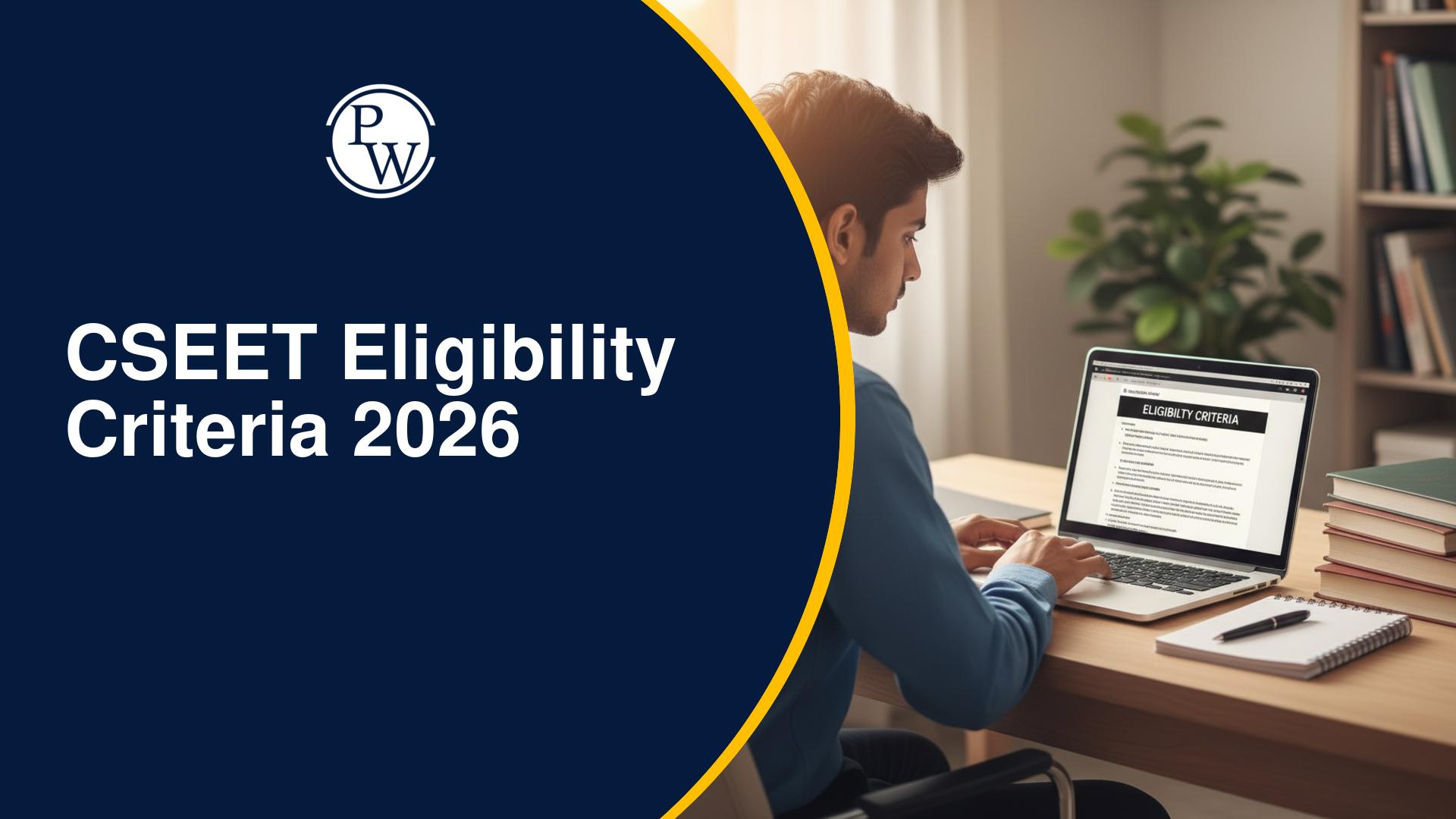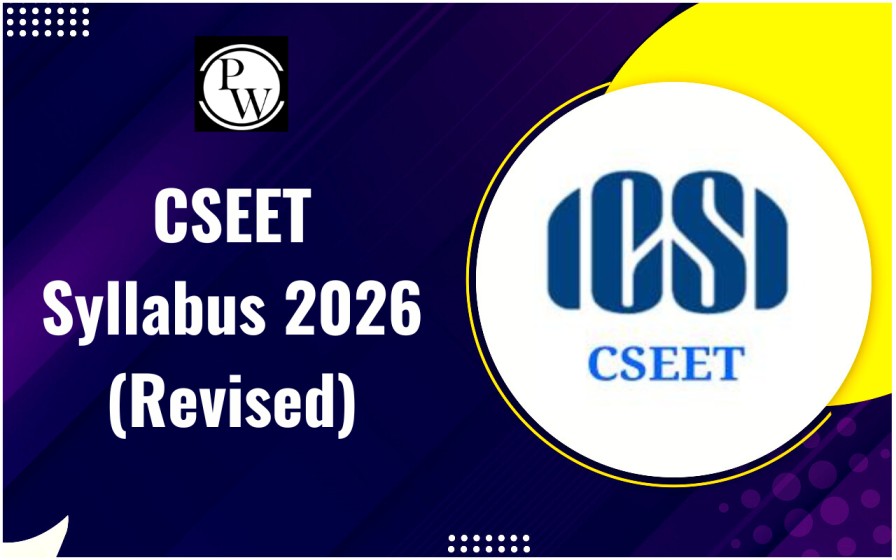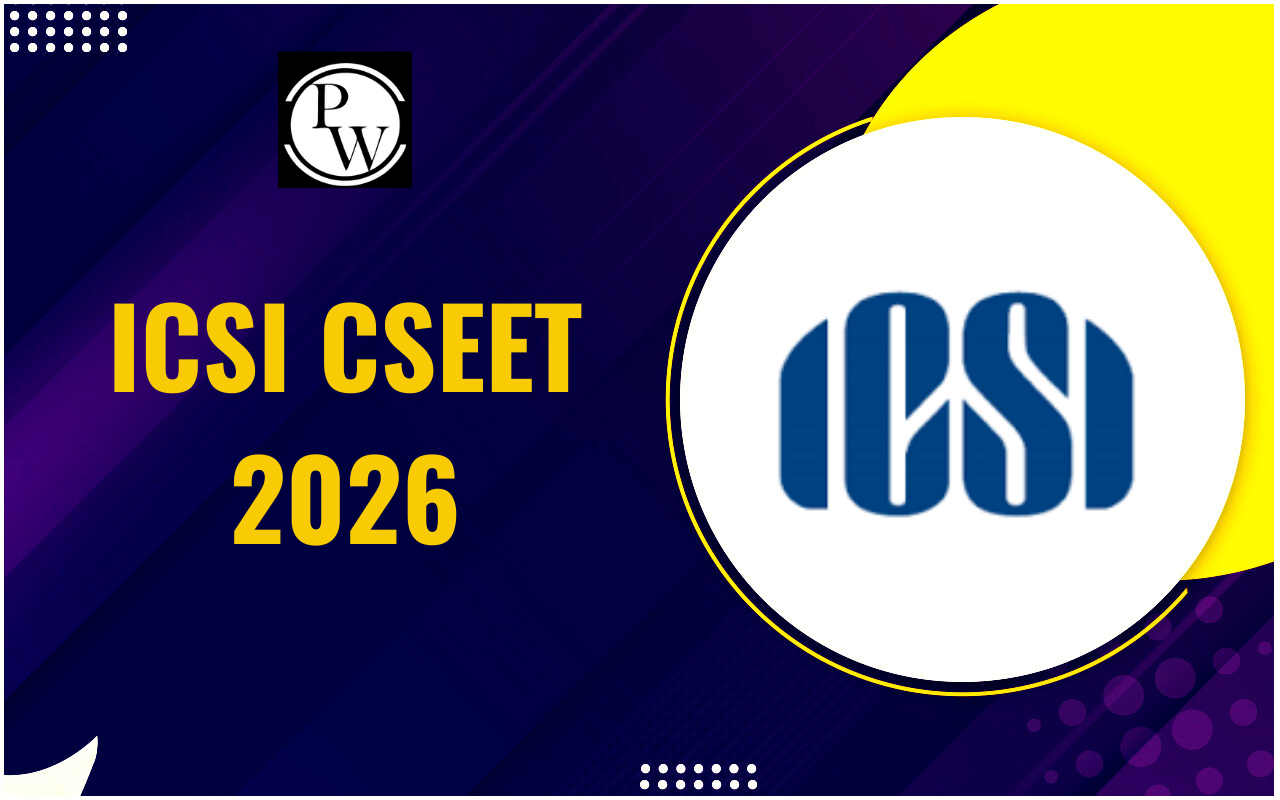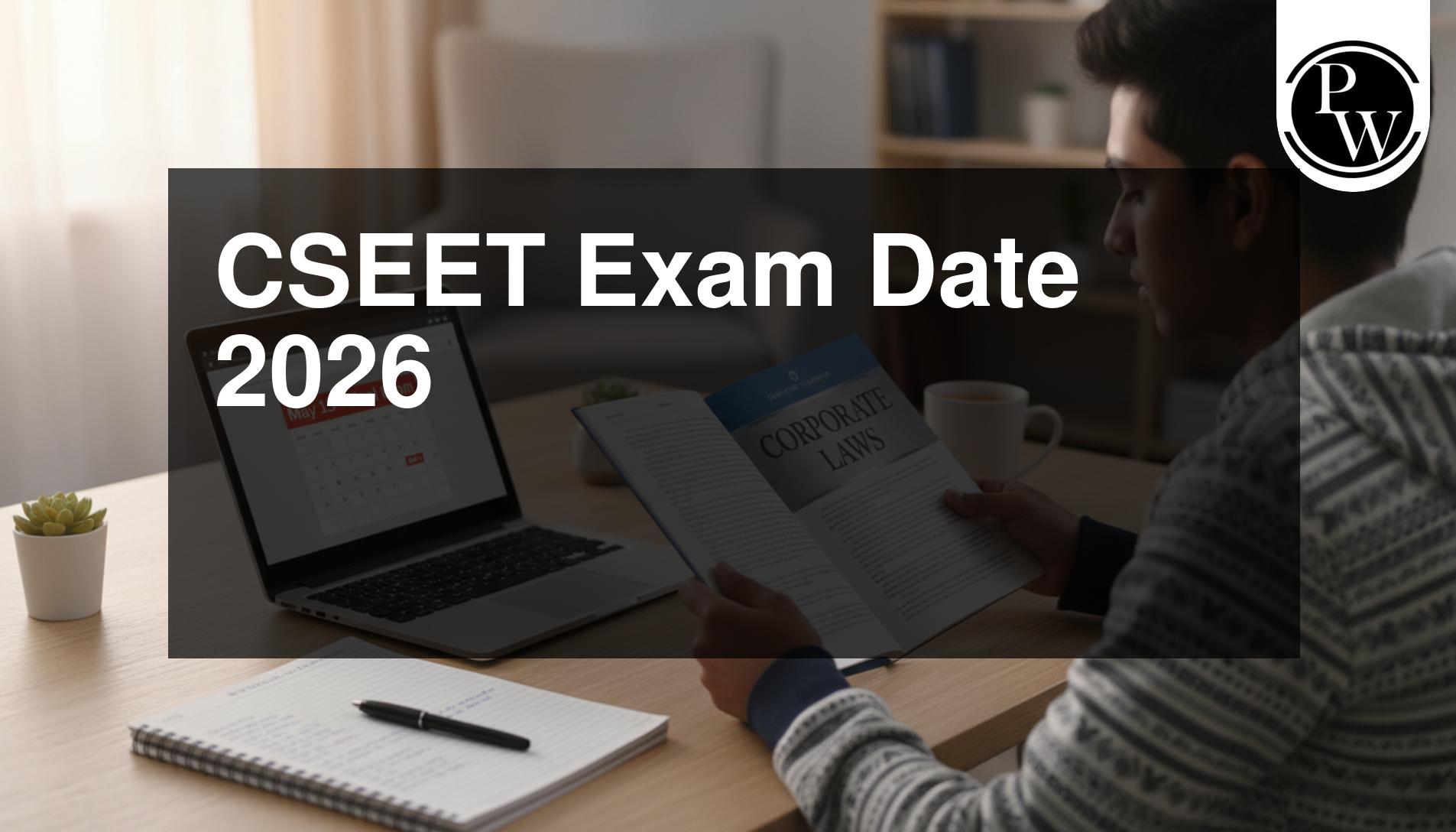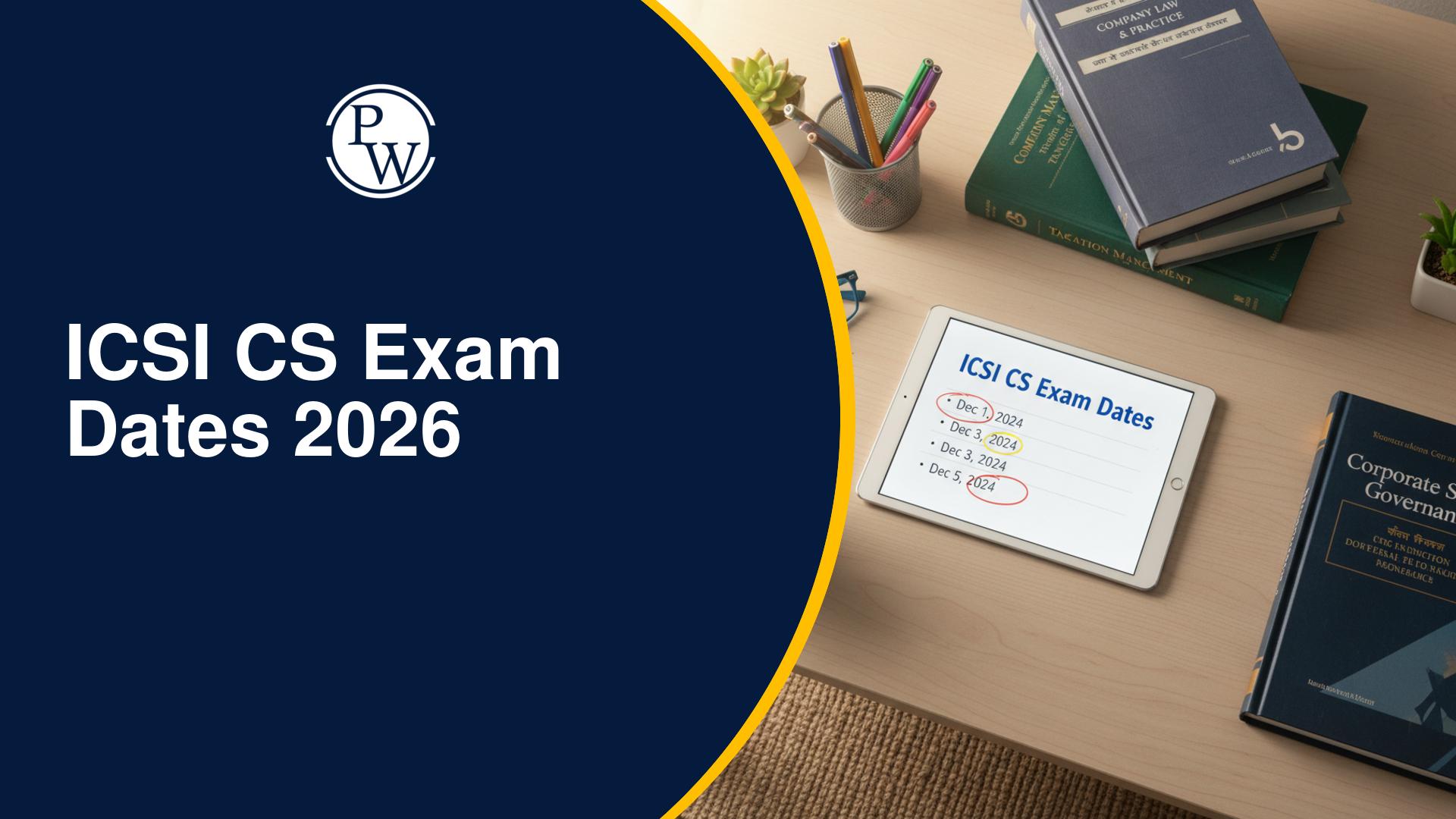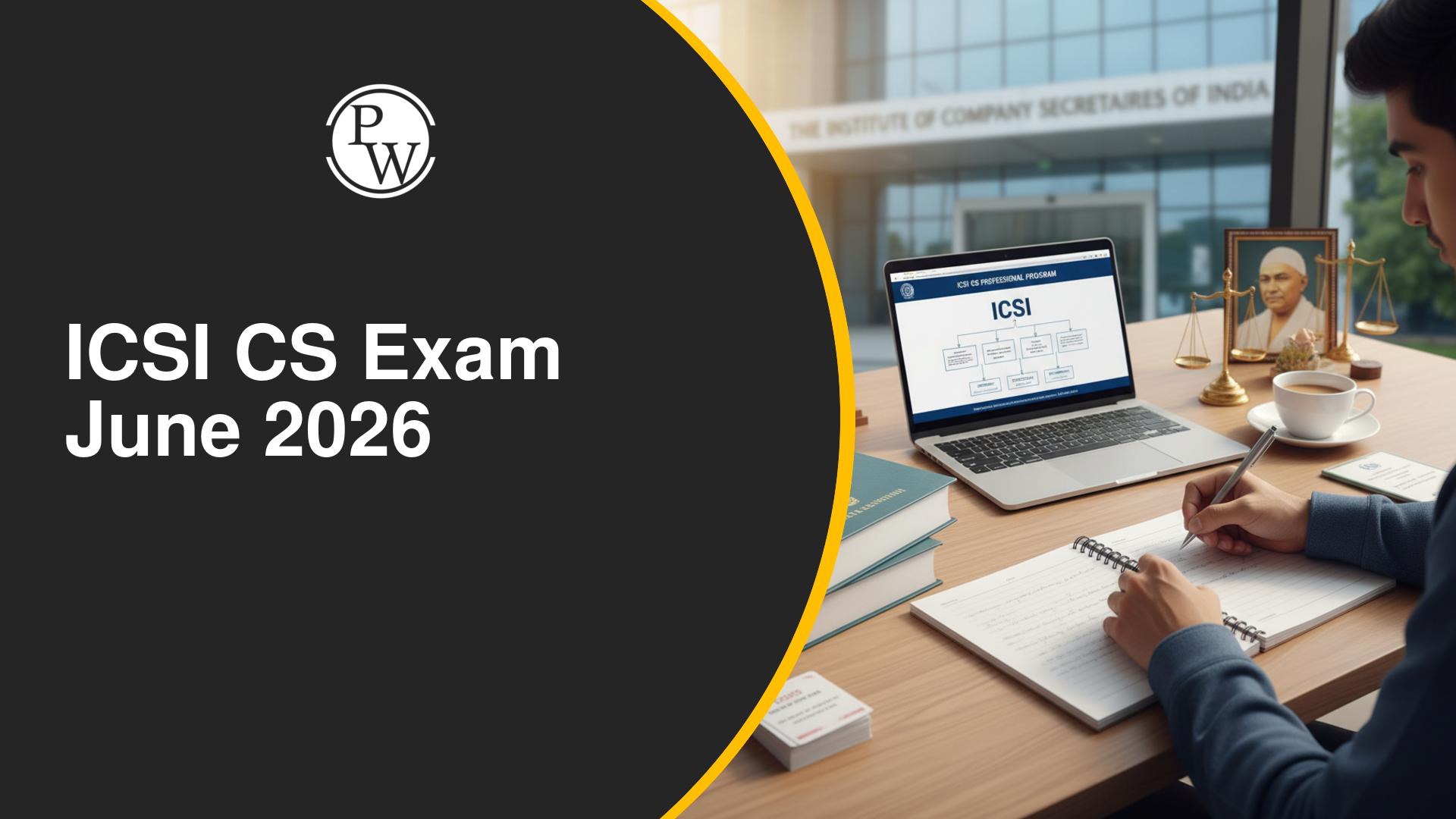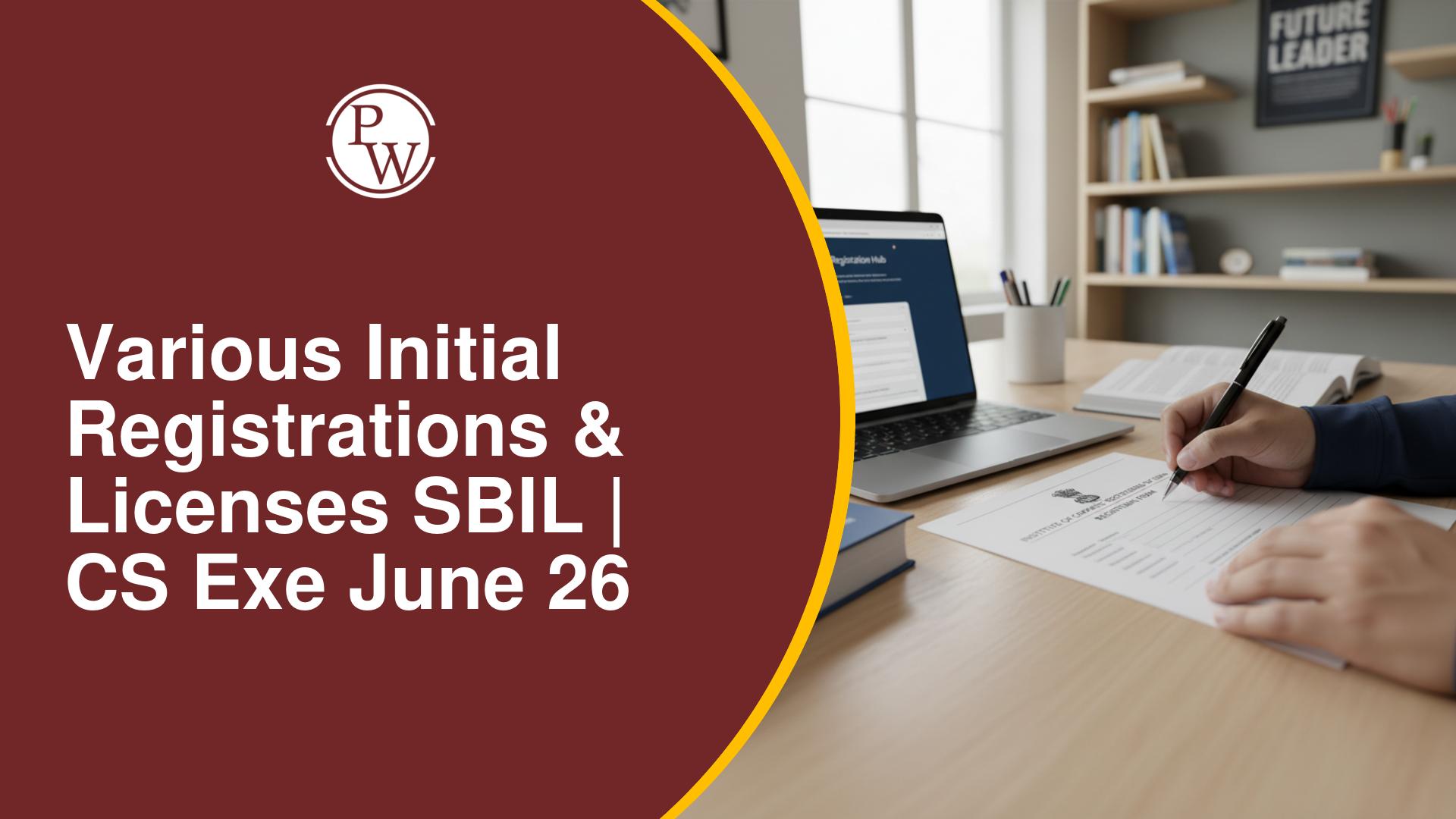
How to Solve Case Study Based Questions in CS Professional: The CS Professional exam, conducted by the Institute of Company Secretaries of India (ICSI), is the final level of the Company Secretary (CS) course. One of the most challenging aspects of this exam is handling case study-based questions. These questions require a strong understanding of corporate laws, governance, ethics, and compliance. The key to mastering case study-based questions lies in a structured approach that includes analytical thinking, conceptual clarity, and practical application.
Understanding Case Study-Based Questions
Case study-based questions in CS Professional require candidates to analyze a real-world scenario and apply relevant legal and corporate governance principles. These questions are designed to test:
- Interpretation of laws and regulations
- Decision-making skills
- Practical application of theoretical concepts
- Analytical reasoning and logical thinking
- Ability to provide legally sound solutions
Types of Case Study-Based Questions in CS Professional
Below we’ve mentioned some types of case study-based questions in cs professional:
Direct Law-Based Cases: These cases are based on specific provisions of laws such as the Companies Act, SEBI Regulations, Insolvency and Bankruptcy Code (IBC), or FEMA.
Ethical Dilemmas: These involve corporate governance and ethical challenges faced by company secretaries.
Practical Application-Based Cases: These test the candidate’s ability to handle corporate restructuring, compliance issues, or regulatory challenges.
Corporate Strategy Cases: These focus on mergers, acquisitions, and financial decision-making within a corporate framework.
Effective Strategies to Approach Case Study-Based Questions
Below we’ve mentioned some effective strategies to approach case study based questions:
1. Read the Case Study Carefully
Begin by carefully reading the entire case study to understand the facts, parties involved, and the core issue.
Identify key terms, legal provisions, and the underlying problem statement.
2. Identify Relevant Laws and Regulations
Once you understand the case, determine which laws, rules, and guidelines are applicable.
For example, if the case involves corporate governance, refer to SEBI LODR Regulations and Companies Act provisions.
If the case pertains to insolvency, analyze the provisions under the IBC 2016.
3. Structure Your Answer in a Logical Manner
A well-structured answer enhances clarity and impression. Follow this format:
Introduction: Briefly introduce the case study and highlight the core issue.
Relevant Provisions: Mention the laws and sections applicable to the case.
Analysis: Discuss how the legal provisions apply to the given case facts.
Conclusion: Provide a reasoned conclusion and, if required, suggest a legally sound course of action.
4. Use Legal Terminology and Case Laws
Incorporate legal terms, case laws, and regulatory references to make your answer more authoritative.
Referencing landmark judgments and precedents will add credibility to your response.
5. Develop an Analytical Mindset
Think beyond rote learning; focus on analyzing practical scenarios.
Enhance critical thinking skills by practicing different case studies.
6. Focus on Time Management
Allocate a fixed amount of time per question to ensure you attempt all questions in the exam.
Break down the answer systematically to maintain clarity within a time constraint.
Common Mistakes to Avoid
Skipping the Facts: Avoid jumping to conclusions without analyzing the facts properly.
Ignoring Legal Provisions: Ensure that your answer is backed by relevant sections, rules, and case laws.
Lack of Structure: An unstructured response can lead to loss of marks. Always maintain a clear introduction, body, and conclusion.
Overloading with Unnecessary Information: Stick to what is relevant and avoid lengthy, unfocused discussions.
Resources to Improve Case Study Answering Skills
ICSI Study Material: Go through the official study materials for accurate legal references.
Bare Acts & Legal Commentaries: Familiarize yourself with core legal provisions.
Mock Tests & Previous Year Papers: Practice answering case study-based questions from previous exams.
Corporate Law Journals & Websites: Keep yourself updated with corporate law developments.
Solving case study-based questions in CS Professional requires conceptual clarity, strong legal understanding, and analytical reasoning. By following a structured approach, practicing past papers, and staying updated with corporate laws, candidates can effectively tackle these questions. Remember, the key is to read, analyze, structure, and present your answer in a precise and legally sound manner.
By implementing these strategies, you can enhance your performance in the CS Professional exam and improve your ability to apply legal knowledge to real-world corporate challenges. Stay focused, practice consistently, and approach each case study with confidence!
Case Study-Based Questions in CS Professional FAQ
How important are case study-based questions in CS Professional?
What are the best resources for practicing case study-based questions?
How can I improve my answer structuring for case study-based questions?

